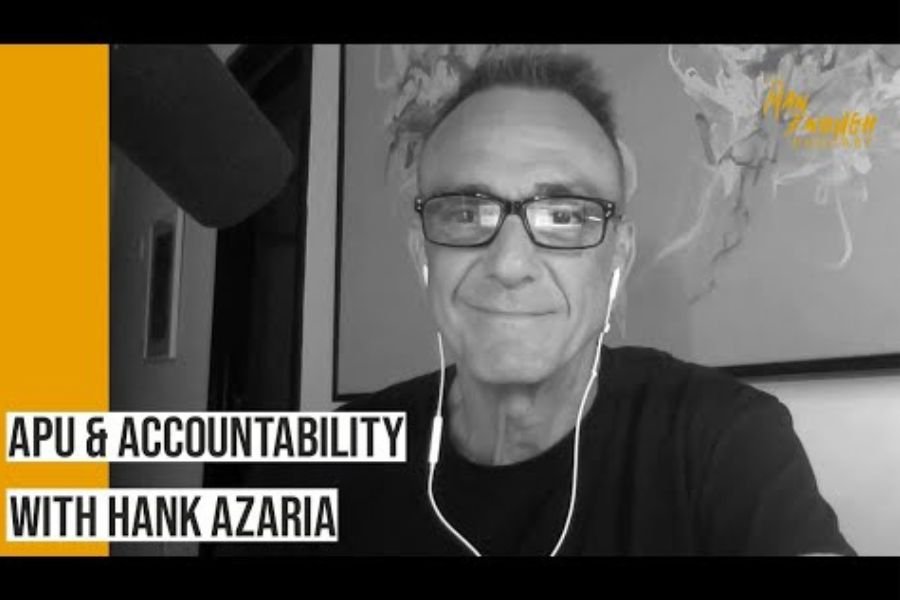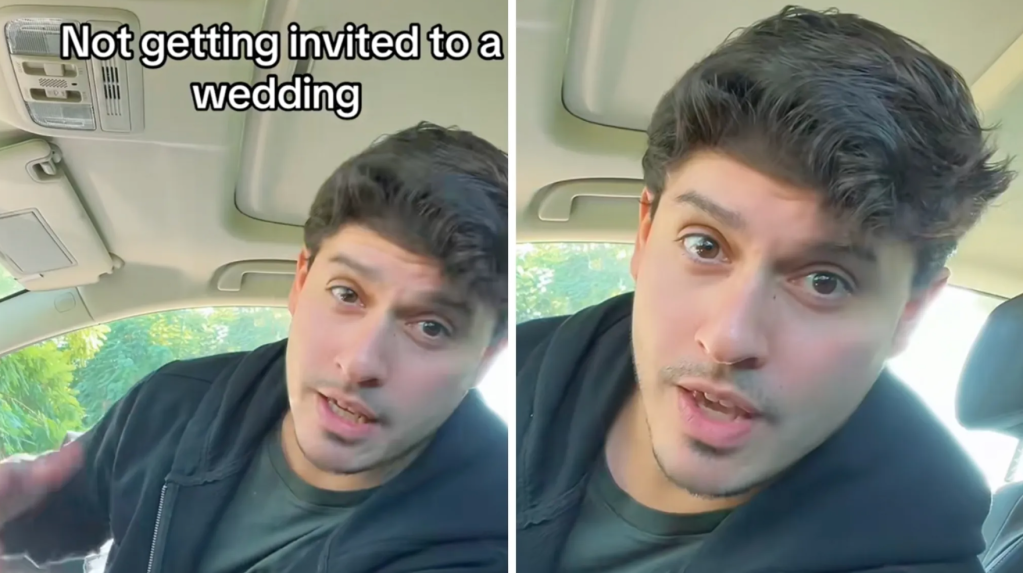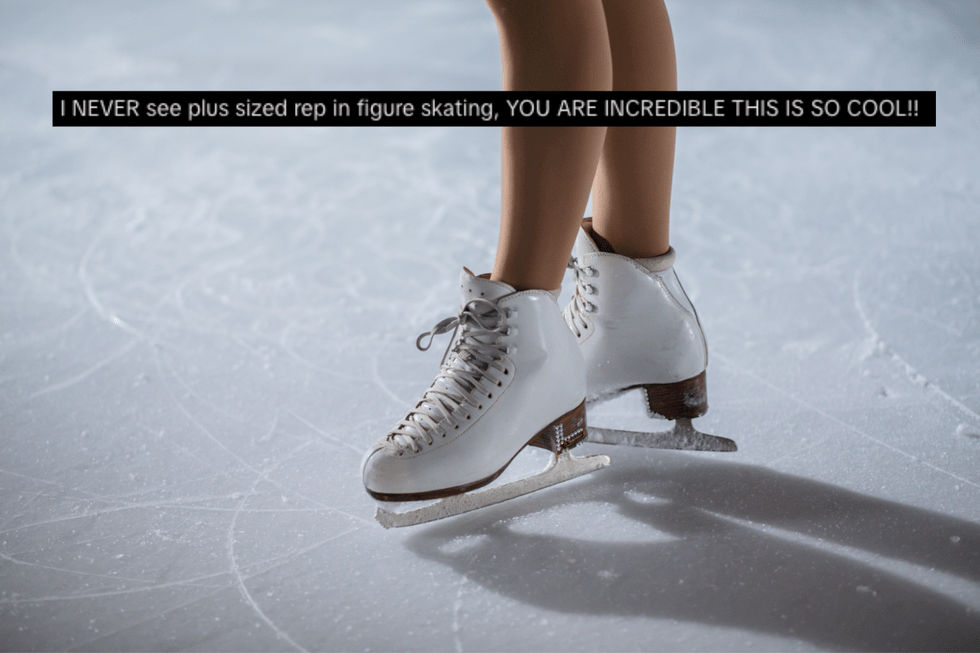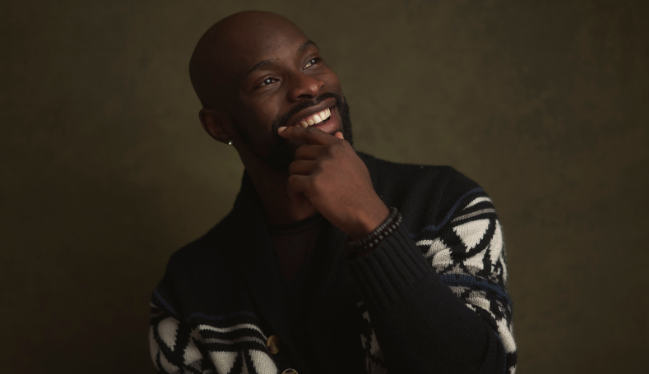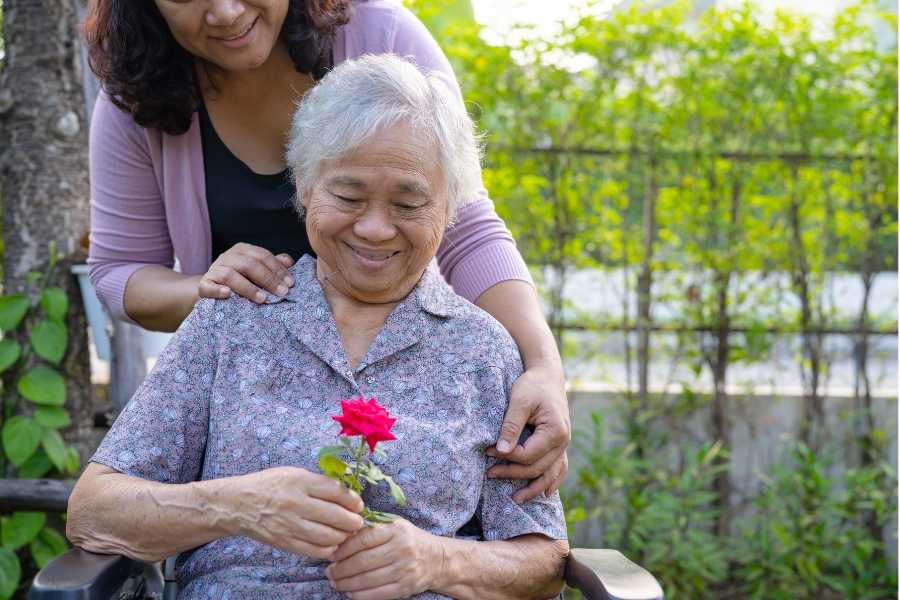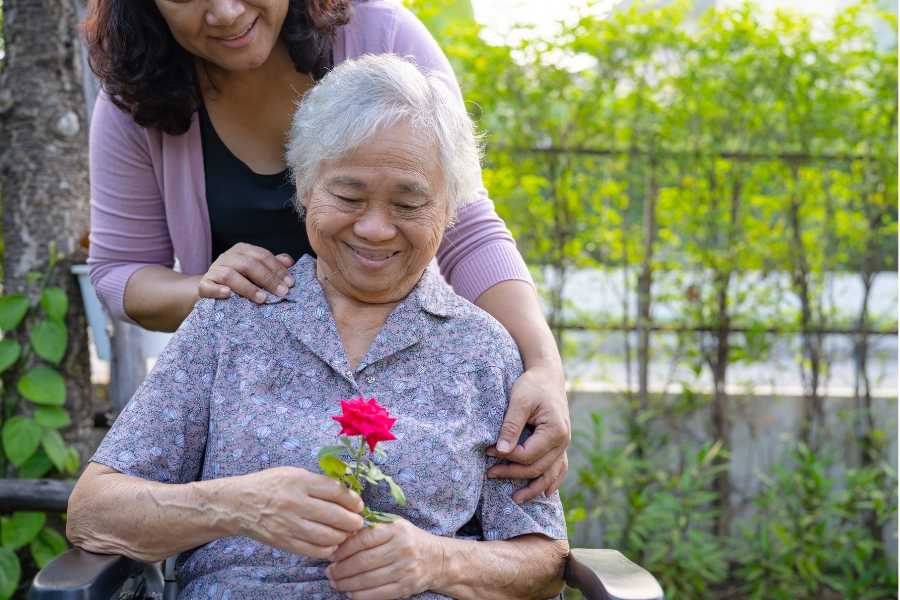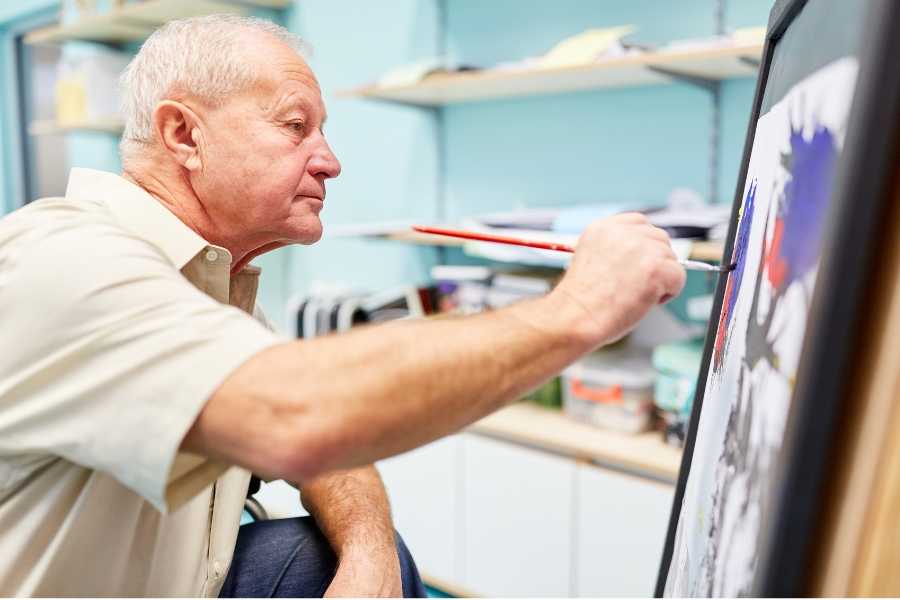Hank Azaria has starred in dozens of TV shows and movies, both as a full-bodied actor and as a voiceover artist. But the roles he’s best known for are the multiple characters he has voiced on “The Simpsons.”
One of those voices helped win Azaria multiple Emmy awards, but also landed him in hot water—his portrayal of Indian shopkeeper Apu Nahasapeemapetilon.
A documentary by Indian comedian Hari Kondabolu, “The Problem with Apu,” examined the issue of Apu being a racialized stereotype, no matter how beloved the character was. Kondabolu himself started of as a fan of the character. “Apu was the only Indian we had on TV at all so I was happy for any representation as a kid,” he told the BBC. But that perspective changed as he got older. “He’s funny, but that doesn’t mean this representation is accurate or right or righteous,” he said. “It gets to the insidiousness of racism, though, because you don’t even notice it when it’s right in front of you.”
Azaria spoke to his own obliviousness and his years-long journey from defending his portrayal of Apu to co-founding an anti-bias non-profit aimed at educating people about why such portrayals are harmful on The Man Enough podcast.
“So what happened to me with Apu was that got pointed out to me,” he told host Liz Plank and Jamey Heath. “It’s like, your well-intentioned character that was very funny and made a lot of people laugh, and won you Emmys, and helped create an iconic, wonderful television show—and all those things are true about it—but it had some blind spots baked into it, in its groundwater that came through me and the writers and the creators, that had unintended negative consequences. And the fact that I was oblivious to it only underlined how much I needed to look at it.”
That wasn’t his first reaction, though. He said he got upset and “very defensive” at first, reacting in a way that many people find familiar.
“I was like, ‘Well, where does this end?’ And I hear now a lot of people say it today. They say it to me: ‘Isn’t this all silly? It’s gone too far. Where does this end? Can you not do an Irish accent? Can you not do a Polish accent? You’re not a policeman. How come you can play Police Chief Wiggum? I mean, where does this nonsense end?’ kind of thing. And that was my first, second, and third reaction.” He said to him, it was just another thing he was imitating as a voice actor. He didn’t see the difference between imitating an Indian or a Black person versus a French or German person.
“Learning that difference became important to me,” he said. That was the beginning of his gaining a deeper understanding of how his voicing of Apu could be problematic.
Interestingly, Azaria’s experience with a 12-step recovery program helped him process the backlash he experienced in a healthy, accountable way. He pointed out that a part of recovery is denial, but once you get past that, you start owning your part in the issue.
“Even if, in the end, you decide, well, my part of this, I think, is only 10% of the whole thing, I think somebody else is maybe 90% of this…you can only really work on your end,” he said.
“Step four is that inventory. What am I doing here? Who am I? Where was I at fault? Where am I to blame? What’s my part? How am I accountable?” he went on. “And step nine is amends. Now how do I make this right? How do I make up for it? Sometimes that can be 20 minutes. Sometimes it can take you years to work through that.”
Azaria also had a professional and personal choice to make. “Am I gonna keep doing this voice or not?” he asked. “It wasn’t so apparent to me what to do, especially when I was so defensive at first, because on the one hand, I didn’t want to just bow to what we called then ‘PC pressure.’ Now there are other words for it, right? I didn’t want to ‘fold to the woke mob’ or ‘give in to cancel culture,’ whatever we wanna call it. But more to the point, I didn’t want to just, for appearance’s sake, fold, because I was afraid of criticism or looking like a bad guy. On the other hand, I certainly didn’t want to continue to do harm and perpetuate a stereotype and hurt people and marginalize people I really didn’t know.”
Azaria shared that one reason he didn’t participate in Kondabolu’s documentary was that he was afraid he would misstep and say things that would hurt both himself and other people. He said he was still learning and knew he needed to keep his mouth shut and his ears open. He started reading and attending seminars and talking to people.
“And these are conversations I had never had before,” he said. “I don’t think I’d ever had a conversation about race with anybody before, except in college, in a class where I was mostly just taking it in as an intellectual exercise.”
Through that learning, Azaria began to recognize what many would call “white privilege,” but that Azaria refers to as “relative advantages.”
“I realized one of the main relative advantages or privileges I enjoyed is never having to think about that stuff. Never ever once. Didn’t impact me. It’s why I didn’t take a pause when I did the voice of Apu or others, because it didn’t occur to me that there would be any kind of impact beyond either a laugh or not a laugh, a successful show or not a successful show.”
The more he learned, the clearer the reality became for him and he was able to make the decision to stop voicing Apu in 2018. Since then, he has gone on to work closely with The Soul Focused Group, a Black-led organization that focuses on building connections and raising the consciousness of people to help bridge divides that keep us apart. He also partnered with the group to found The Human Solidarity Project to remove financial barriers to the services The Soul Focused Group offers.
Azaria’s evolution is fascinating to hear about and a great example of how education, open-mindedness and open-heartedness can lead us to a deeper understanding of and connection to one another.
Watch the entire interview below.
,

